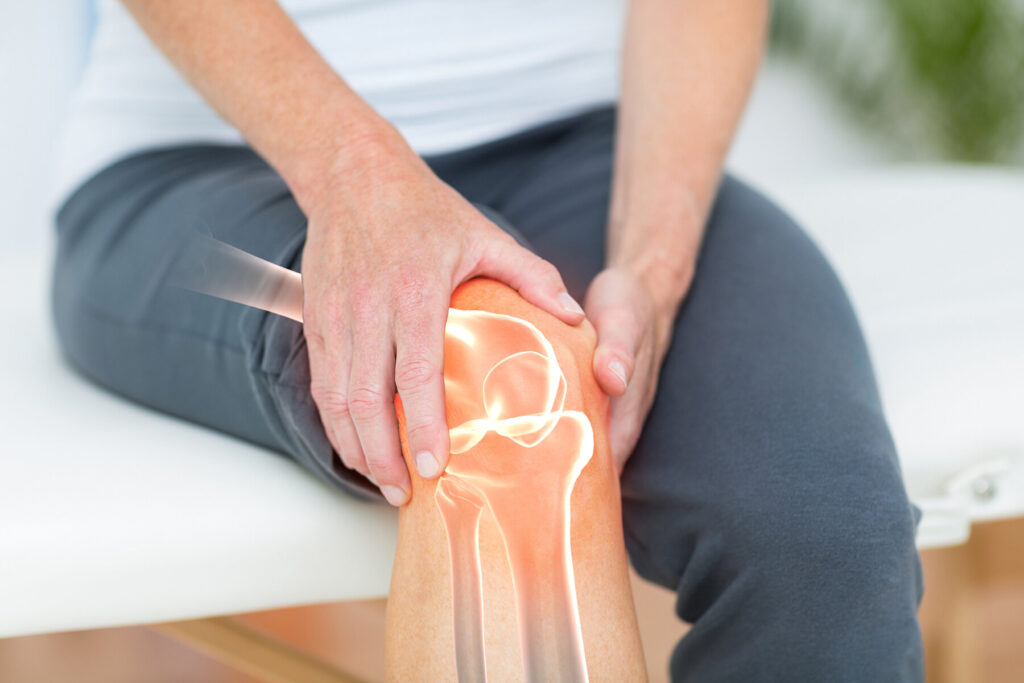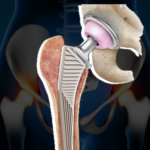
The knee joint is one of the most important and complex joints in the human body. It is responsible for bearing the body’s weight and allows us to walk, run, jump, and perform various other activities. However, due to its complexity, the knee is also susceptible to various problems and injuries. In this blog post, we will discuss the symptoms and warning signs of knee problems that you should be aware of.
- Pain
Pain is one of the most common symptoms of knee problems. The pain may be dull, achy, or sharp, and can be felt in various parts of the knee joint. The location and intensity of the pain can help identify the underlying cause of the knee problem. Pain may be aggravated by activities such as running, jumping, or climbing stairs, and may also be accompanied by swelling and stiffness.
- Swelling
Swelling is another common symptom of knee problems. It occurs due to the accumulation of fluid in and around the knee joint. Swelling can be mild to severe and may be accompanied by pain and stiffness. In some cases, the swelling may be so severe that it restricts the movement of the knee joint.
- Stiffness
Stiffness is a symptom of knee problems that makes it difficult to move the knee joint. It may feel like the knee is locked, and you may not be able to fully extend or flex the joint. Stiffness may be accompanied by pain and swelling and can be caused by a variety of conditions, such as arthritis or a torn meniscus.
- Instability
Instability is a symptom of knee problems that makes the knee feel weak or wobbly. It may feel like the knee is giving way or that it is going to buckle. Instability can be caused by ligament injuries or a torn meniscus.
- Clicking or popping
Clicking or popping sounds in the knee joint may be a sign of a knee problem. These sounds may occur when you move your knee or put weight on it. They may be accompanied by pain, swelling, or stiffness and can be caused by a variety of conditions such as cartilage damage or a loose body in the joint.
- Redness and warmth
Redness and warmth in the knee joint may be a sign of an infection or inflammation. Infections can occur after knee surgery or as a result of an injury. Inflammation may be caused by arthritis or an injury.
- Limited range of motion
Limited range of motion is a symptom of knee problems that makes it difficult to move the knee joint through its full range of motion. This may be caused by a variety of conditions, such as arthritis or a torn ligament.
In conclusion, knee problems can cause a range of symptoms that can vary in severity and duration. If you experience any of these symptoms, it is important to seek medical attention. Early diagnosis and treatment of knee problems can help prevent further damage and improve the outcome of treatment. If you experience knee pain or other symptoms, talk to your doctor or a qualified healthcare professional for an accurate diagnosis and appropriate treatment plan.




